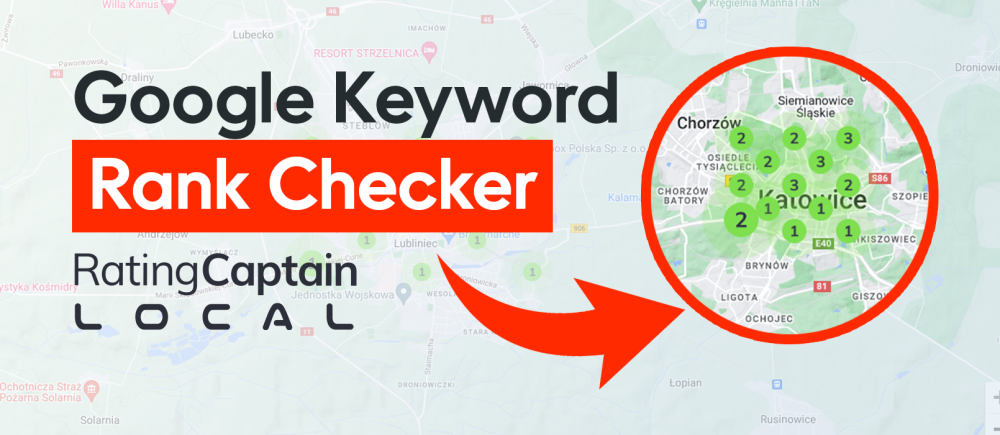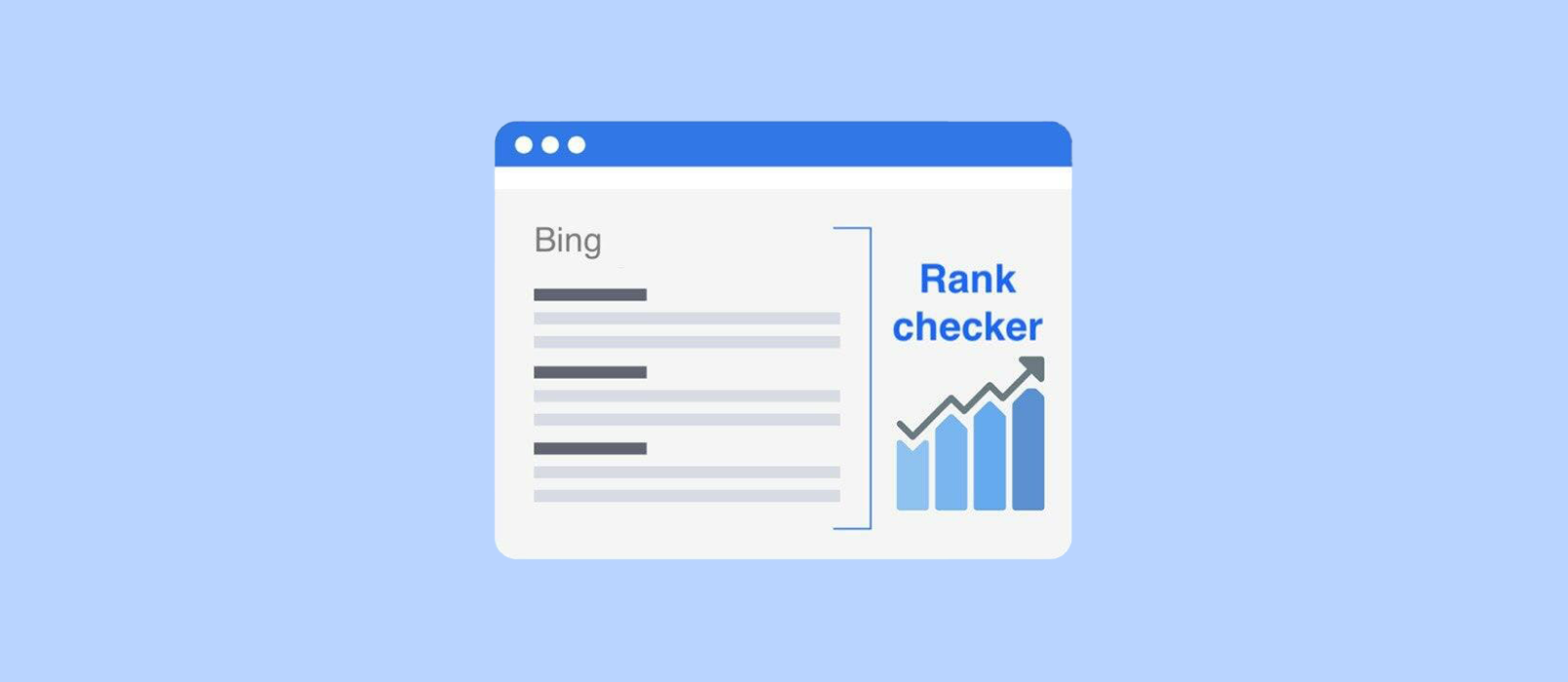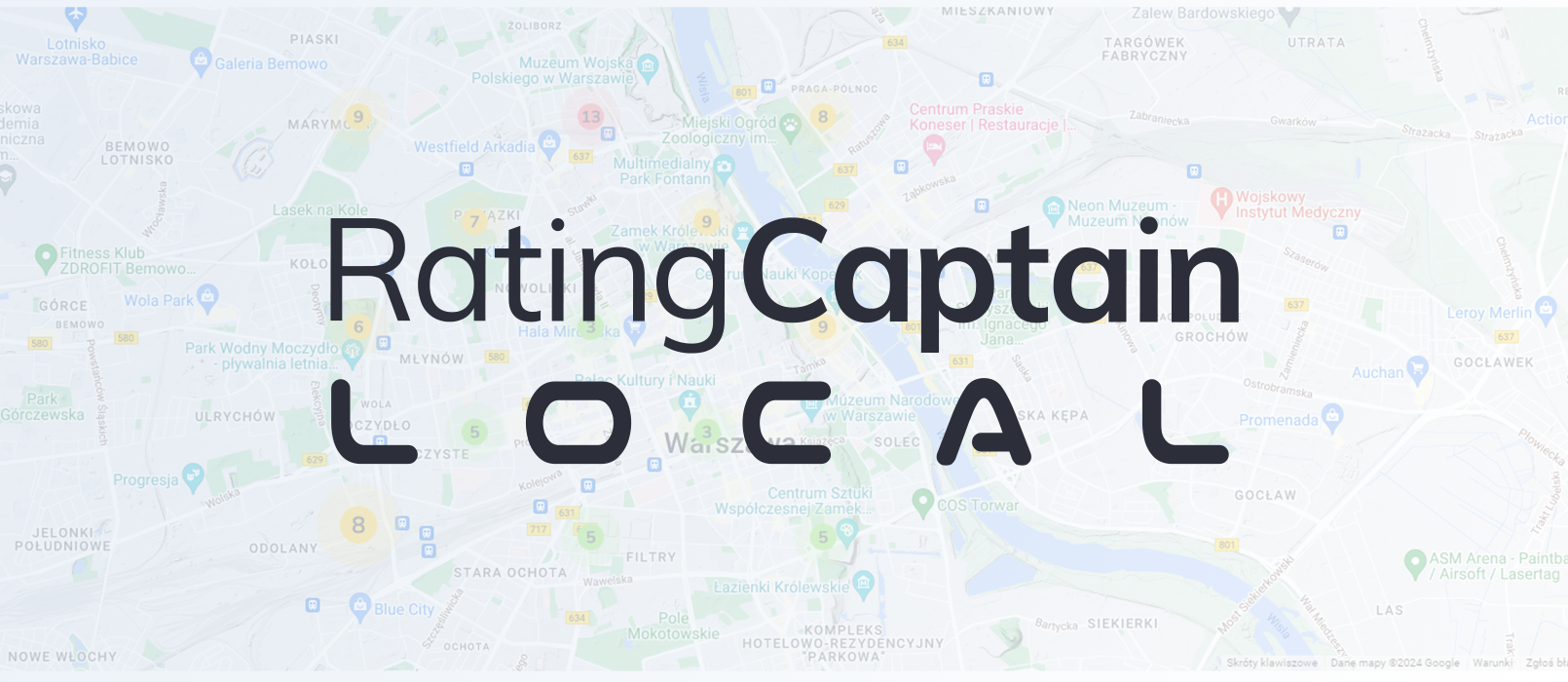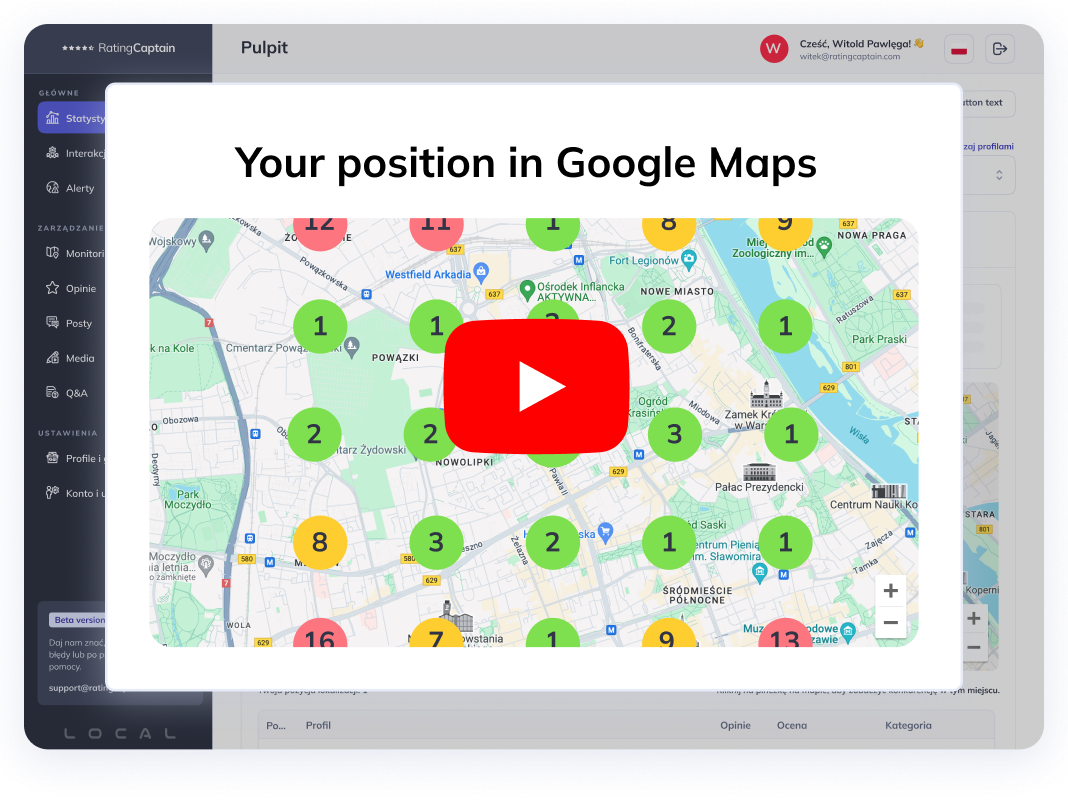

Free Keyword Rank Checker for Google Rankings

Table of contents
Understanding your website's ranking in search engines is crucial for developing an effective SEO strategy. In this comprehensive guide, we'll explore the importance of using a rank checker, how to leverage a free keyword rank checker to improve your keyword ranking, and the key benefits you'll derive from regular ranking checks. This article is essential reading for anyone looking to boost their google ranking, optimize their seo efforts, and stay ahead of the competition.
What is a Rank Checker and Why You Need It?
A rank checker is a vital seo tool that helps you monitor your website's ranking for specific keywords in search engine results. By using a rank checker tool, you can obtain detailed insights into where your website's pages appear for targeted terms, assess competition, and measure the success of your SEO actions.
Using a rank checker is essential because it provides:
- Unbiased Data: Knowing your exact ranking position gives you transparent, reliable data.
- Strategic Insights: Identifies which keywords are performing well and which need improvement.
- Competitive Analysis: Helps you understand how your competitors are ranking.
How Does a Free Keyword Rank Checker Work?
A free keyword rank checker operates by continuously monitoring the position of your specified keywords in search engine results. It provides reports on keyword ranking positions, search volume, and average position, making it easier for you to optimize your SEO strategy.
To use a free keyword rank checker:
- Input Keywords: Start by entering the keywords relevant to your domain.
- Monitor Rankings: Track how these keywords are performing on a daily basis.
- Adjust Strategies: Use the insights to refine your SEO tactics, ensuring your web pages stay competitive.

What Makes Keyword Ranking So Important for SEO?
Keyword ranking is a cornerstone of successful SEO. Appearing on the first page of search results significantly increases your visibility, resulting in higher organic search traffic. Moreover, keyword ranking helps in identifying content gaps, guiding your on-page and off-page optimization efforts.
In the context of SEO, keyword rankings:
- Drive Targeted Traffic: Higher positions attract more organic keywords and drive qualified traffic.
- Boost Credibility: High rankings enhance your website's credibility and trustworthiness.
- Improve Conversion Rates: Relevant high-ranking keywords attract potential customers actively searching for your products or services.
Can a Rank Checker Help You Track Competitors?
Yes, a rank checker is incredibly effective for competitor analysis. By tracking how your competitors rank for shared keywords, you can uncover strategic insights to outperform them. This involves looking at their backlinks, content strategies, and keyword usage.
Competitor tracking activities include:
- Analyze Competitor URLs: Check the ranking of competitor URLs for your target keywords.
- Monitor SERP Features: Note how competitors feature in SERP features like featured snippets.
- Review Content Quality: Assess their content to improve your own, aiming for higher relevance.

How to Use Google Search Console for Keyword Tracking
Google Search Console is a free and powerful SEO tool that offers comprehensive keyword tracking and performance insights. With it, you can track the ranking of your pages, view click metrics, and understand which search queries bring users to your site.
To use Google Search Console effectively:
- Set Up Your Domain: Verify and add your domain to Google Search Console.
- Monitor Queries: Regularly check the search queries to see which keywords are driving traffic.
- Analyze Performance: Use the data to assess keyword ranking positions and refine your SEO strategy.
Do Desktop and Mobile Rankings Differ?
Yes, ranking can vary significantly between mobile and desktop searches. Google uses different algorithms for mobile and desktop search results, impacting how your site ranks based on the device used.
Understanding these differences involves:
- Using Tools: Use desktop and mobile tracking tools to simultaneously monitor both.
- Mobile Optimization: Ensure your site is mobile-friendly, which can improve your mobile rankings.
- Analyze Metrics: Look at various ranking metrics separately for mobile and desktop to find optimization opportunities.
How to Analyze Your Google Ranking Position Data?
Analyzing your ranking position data is crucial for measuring the success of your SEO efforts and making data-driven decisions. Utilizing tools like Ahrefs and Google Search Console, you'll be able to gather and interpret the data effectively.
Steps to analyze your ranking data:
- Collect Data: Gather data from your keyword tracker or rank checker tool.
- Examine Trends: Look for patterns or sudden changes in ranking positions.
- Adjust Accordingly: Use the insights to refine targets and make necessary adjustments to your SEO strategy.

What Are SERP Features and How Do They Affect Rankings?
SERP features are elements in the search engine results page that go beyond the traditional blue links. Examples include featured snippets, local map packs, and video carousels. Optimizing for these features can significantly boost your ranking and visibility.
To optimize for SERP features:
- Target Snippets: Create content that answers common search queries clearly and concisely.
- Use Structured Data: Implement schema markup to make your content eligible for rich results.
- Enhance User Experience: Provide high-quality content and intuitive website navigation.
Updating Your SEO Strategy Based on Ranking Data
Regularly updating your SEO strategy based on ranking data ensures that your efforts are aligned with current trends and search engine algorithms. It's essential to adjust your tactics according to the insights you gather from rank checker and tracker tools.
To effectively update your SEO strategy:
- Regular Audits: Conduct frequent audits to identify strengths and weaknesses.
- Incorporate New Keywords: Refresh your keywords list based on ranking changes and search trends.
- Optimize Content: Continuously improve your content for both on-page and off-page factors.
Top Free Keyword Rank Checker Tools to Try
Several free tools can help you monitor your keyword rankings effectively:
- RC Local: Offers extensive keyword tracking and performance insights.
- Google Search Console: Provides basic keyword position tracking.
- Ahrefs: A reliable free rank checker for basic needs.
Using these tools helps:
- Track Rankings: Consistently monitor how your pages rank in search results.
- Adjust SEO: Make informed decisions to enhance your strategy.
- Stay Competitive: Keep an eye on how competitors are performing.

Key Takeaways - Check Page Rank in Search Results
- Rank checker tools are essential for monitoring your website's ranking for specific keywords.
- Utilizing a free keyword rank checker allows for cost-effective, consistent tracking.
- Analyzing keyword rankings helps you refine your SEO and understand google ranking dynamics.
- Regularly check Google rankings to stay competitive.
- Differentiating between mobile and desktop rankings ensures comprehensive optimization.
- Tools like Google Search Console and Ahrefs offer invaluable insights.
- Competitor analysis via rank tracking provides strategic advantages.
- Update your SEO strategy based on reliable ranking data for maximum effectiveness.
- Free tools are available for reliable ranking tracking without financial commitment.
By following these guidelines and leveraging the right tools, you can significantly improve your website’s ranking in search results, ensuring greater visibility and increased organic traffic.
Please rate this article
Local SEO-Werkzeug für Agenturen
Automatisieren Sie Ihr lokales SEO und verfolgen Sie die Sichtbarkeit in Google Maps

